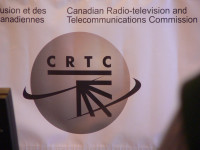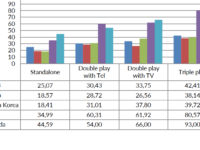Canadian Heritage Minister Mélanie Joly will formally unveil her digital Cancon strategy on Thursday, but aspects of the plan are already coming to light. There have been several reports about an agreement with Netflix to commit $500 million to production in Canada over the next five years. Assuming this is accurate, it may not necessarily mean a big increase in spending (Canada was already one of the top three markets for Netflix production) but it will provide certainty about the company’s commitment to Canada.
It would also appear that the government envisions asking the CRTC to become involved in developing policy, particularly with respect to upcoming review of the Broadcasting Act and Telecommunications Act. An Order-in-Council has just been posted online that requests that the CRTC conduct a study on programming distribution models and their impact on the maintaining a “vibrant domestic market.” The report will examine:











